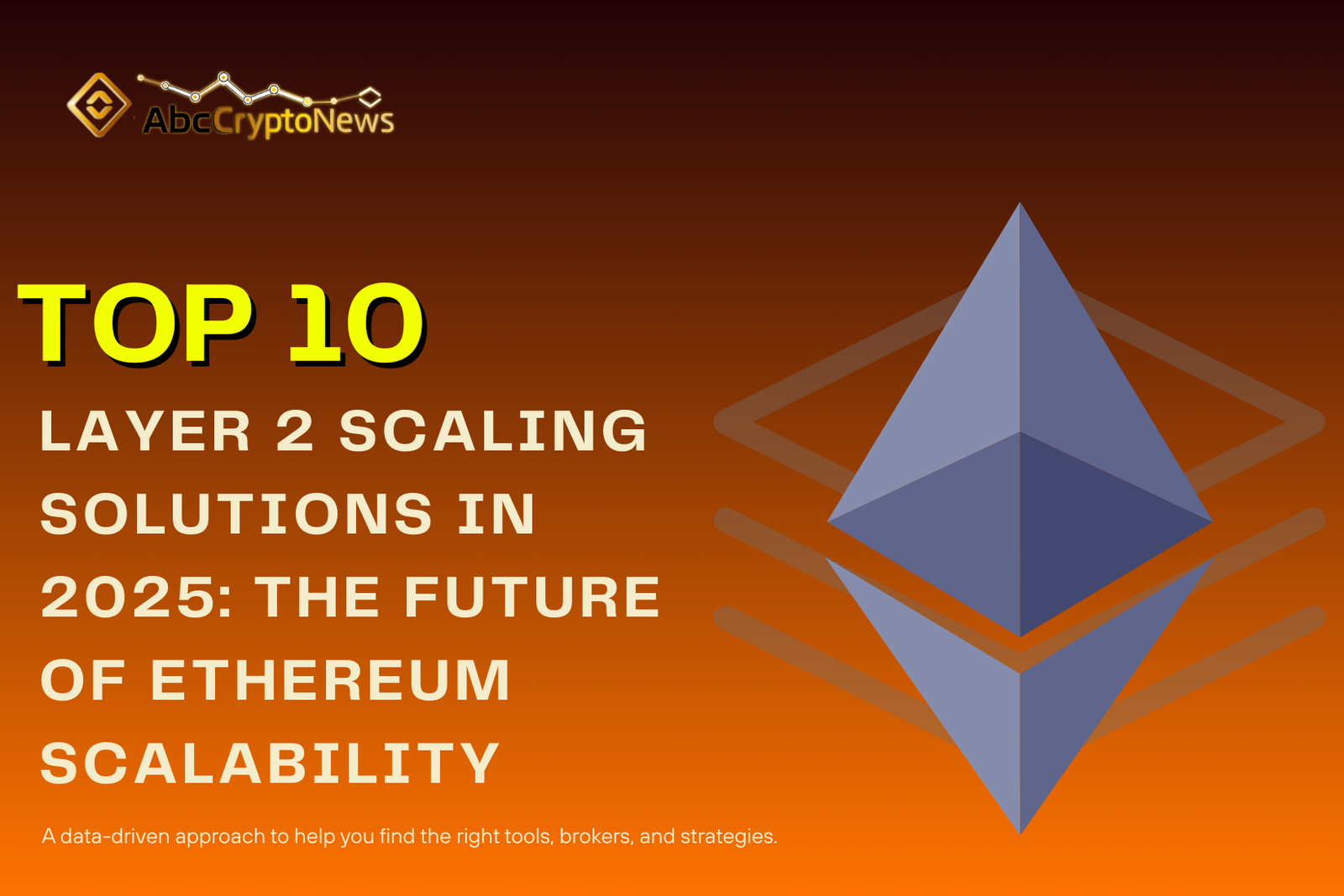Top 10 Layer 2 Scaling Solutions in 2025: The Future of Ethereum Scalability
Top 10 Layer 2 Scaling: Ethereum continues to dominate as the foundation of decentralized finance, gaming, and Web3 applications. Yet its growth has come with a cost: high gas fees, slow confirmation times, and limited throughput. These scalability issues have pushed developers, enterprises, and investors to look beyond Layer 1 infrastructure.
This is where Layer 2 scaling solutions come in. By processing transactions off-chain and settling them back on Ethereum, L2 systems promise faster, cheaper, and more accessible blockchain usage. In 2025, these technologies are not just technical experiments—they are key drivers of adoption, institutional investment, and real-world application growth.
Understanding Layer 2 Scaling Solutions
Layer 2 refers to protocols that sit on top of Ethereum’s base layer (Layer 1). While Layer 1 ensures security and decentralization, it often sacrifices speed and affordability. L2 solutions take on the heavy lifting of transactions, relieving Ethereum’s mainnet of congestion.
The difference is straightforward: Layer 1 is the foundation, Layer 2 is the fast lane.
Types of Layer 2 technologies shaping the ecosystem in 2025 include:
- Rollups: Optimistic Rollups and ZK-Rollups bundle transactions before posting them on Ethereum.
- Plasma Chains: Enable fast, low-cost transactions via child chains.
- Sidechains: Independent blockchains that run parallel to Ethereum but rely less on its security.
- State Channels: Allow users to transact privately off-chain, only submitting final results to Ethereum.
1. Polygon (MATIC)
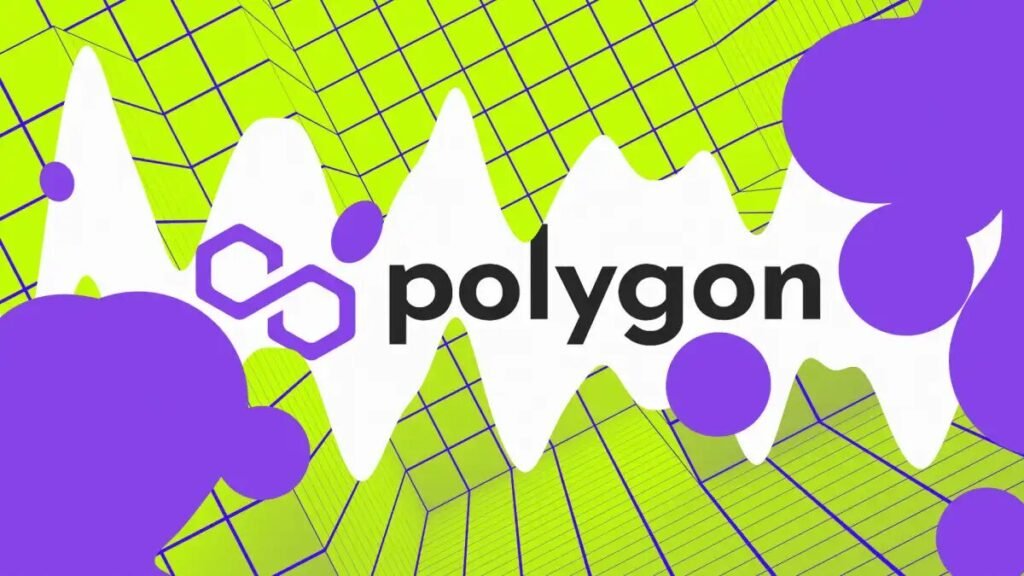
Source: The Block
Polygon remains one of the most recognized names in Ethereum scaling. Once known for its sidechains, it has expanded into zkEVM rollups that align closely with Ethereum. Its partnerships with enterprises and gaming studios reinforce its position as a go-to ecosystem for both developers and businesses.
2025 Outlook: Polygon is expected to strengthen its role in institutional adoption, especially for enterprises seeking scalable yet secure blockchain infrastructure.
2. Arbitrum (ARB)
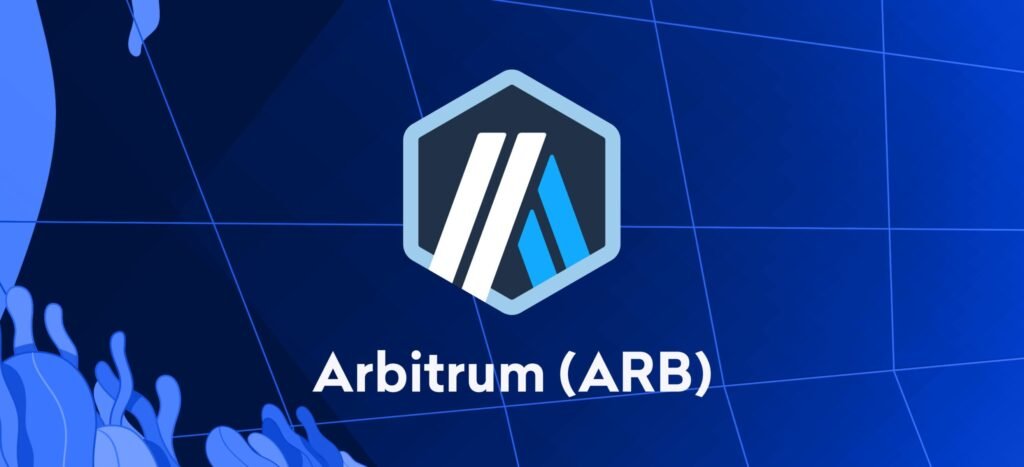
Source: Kraken
Arbitrum has consistently led the Optimistic Rollup category, securing the highest Total Value Locked (TVL) among Layer 2s. Its strong developer base and robust DeFi integrations make it a cornerstone for Ethereum scaling.
2025 Outlook: With DeFi continuing to expand, Arbitrum is well-placed to maintain dominance as the go-to solution for liquidity and decentralized exchanges.
3. Optimism (OP)
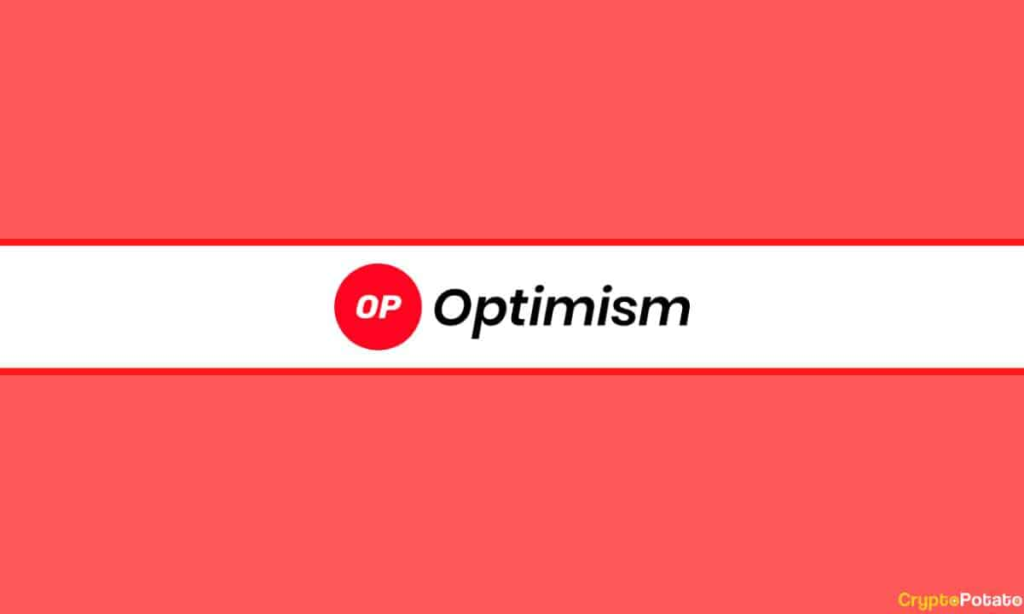
Source: Crypto Potato
Optimism is another major Optimistic Rollup, known for its deep alignment with Ethereum’s roadmap. The OP Stack allows other projects to build their own rollups, creating a broader L2 ecosystem.
2025 Outlook: Expect governance innovation and more cross-chain collaborations as Optimism positions itself as a network of rollups rather than a single scaling layer.
4. zkSync Era
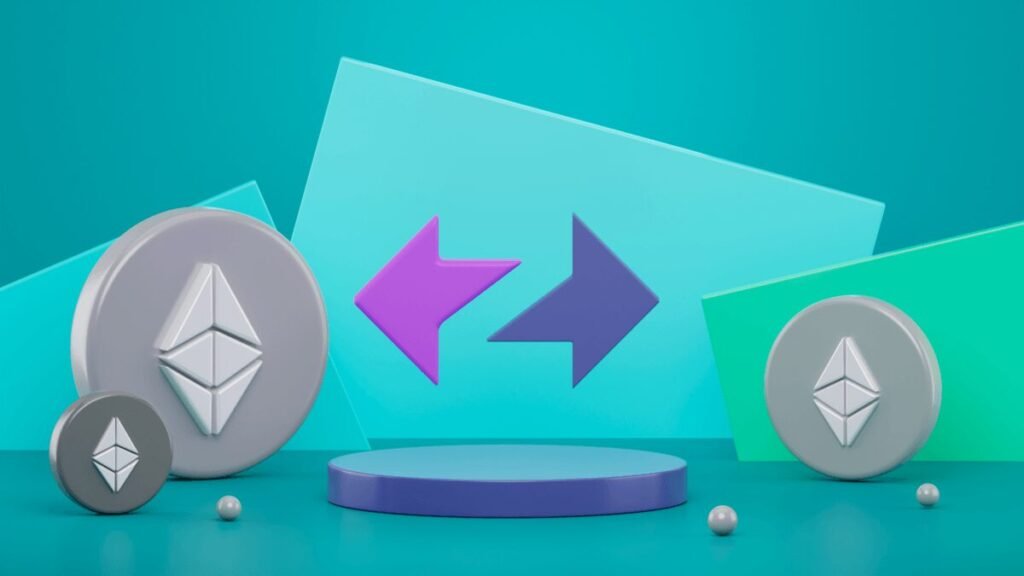
Source: Coin Market Cap
As a ZK-Rollup, zkSync Era focuses on scalability, security, and extremely low fees. Developers appreciate its user-friendly tools, and users benefit from quick confirmations.
2025 Outlook: zkSync is poised for growth in NFTs and payment systems, where instant finality and low transaction costs are crucial.
5. StarkNet
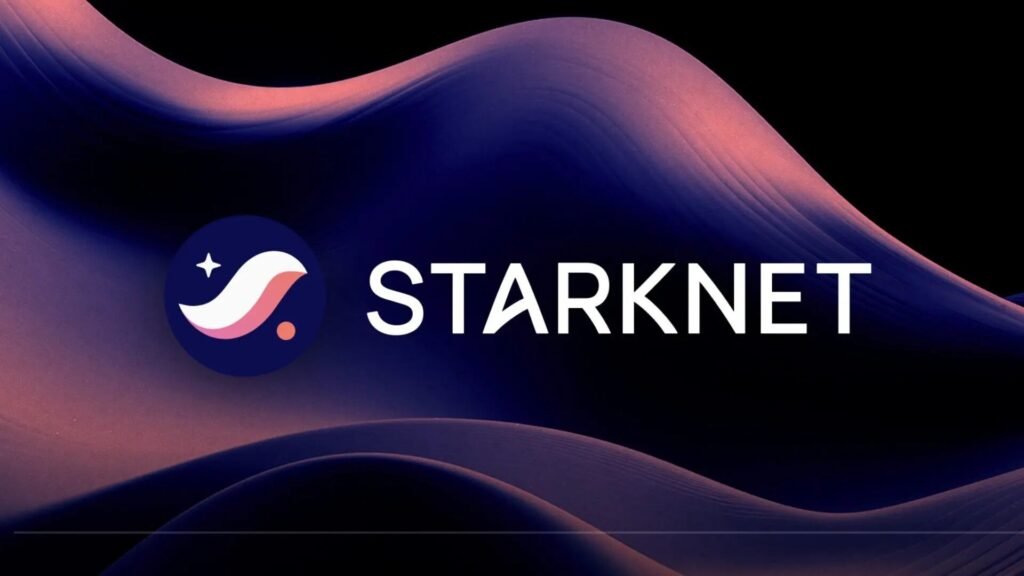
Source: The Block
Built on STARK proofs, StarkNet offers scalable and secure ZK-Rollup infrastructure. Its composability allows developers to build complex applications with confidence in Ethereum’s security.
2025 Outlook: Expect StarkNet to play a role in institutional-grade applications, from financial services to enterprise blockchain solutions.
6. Base (by Coinbase)
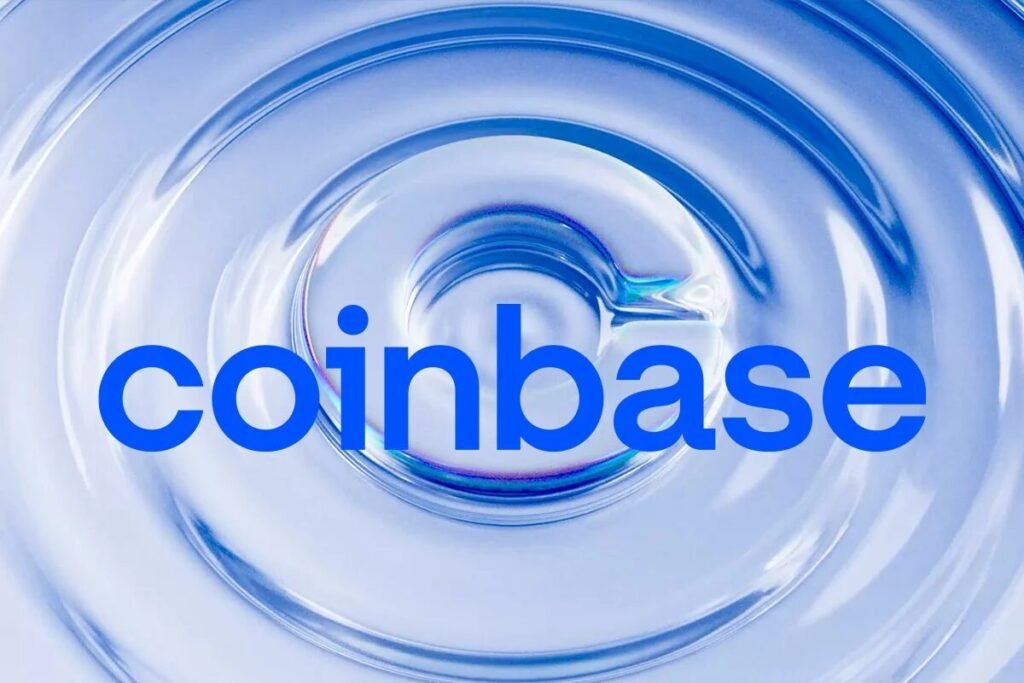
Source: Coin Central
Base, launched by Coinbase, is an L2 built using Optimism’s OP Stack. Its biggest advantage lies in retail accessibility—bringing Coinbase’s massive user base directly into the Ethereum ecosystem.
2025 Outlook: Base is positioned as a gateway for mainstream crypto adoption, potentially onboarding millions of new retail users into DeFi and Web3.
7. Immutable X

Source: Binance Academy
Immutable X is purpose-built for gaming and NFTs, offering zero gas fees for minting and trading. Its partnerships with major gaming studios have made it the backbone of Web3 gaming ecosystems.
2025 Outlook: Immutable X is set to dominate the Web3 gaming sector, where scalability and low costs are essential for player adoption.
8. Loopring
Loopring specializes in decentralized exchanges (DEXs), offering efficient trading powered by zkRollups. It provides a scalable and cost-effective alternative to Ethereum-based DEXs.
2025 Outlook: Loopring’s future lies in specialized DeFi adoption, with potential extensions into payments and retail trading services.
9. Celer Network
Celer focuses on interoperability and scaling across multiple chains, offering cross-chain messaging and infrastructure for dApps and games.
2025 Outlook: Its vision of an omnichain DeFi ecosystem is expected to expand further, as users demand seamless movement across blockchains.
10. Metis Andromeda – Top 10 Layer 2 Scaling
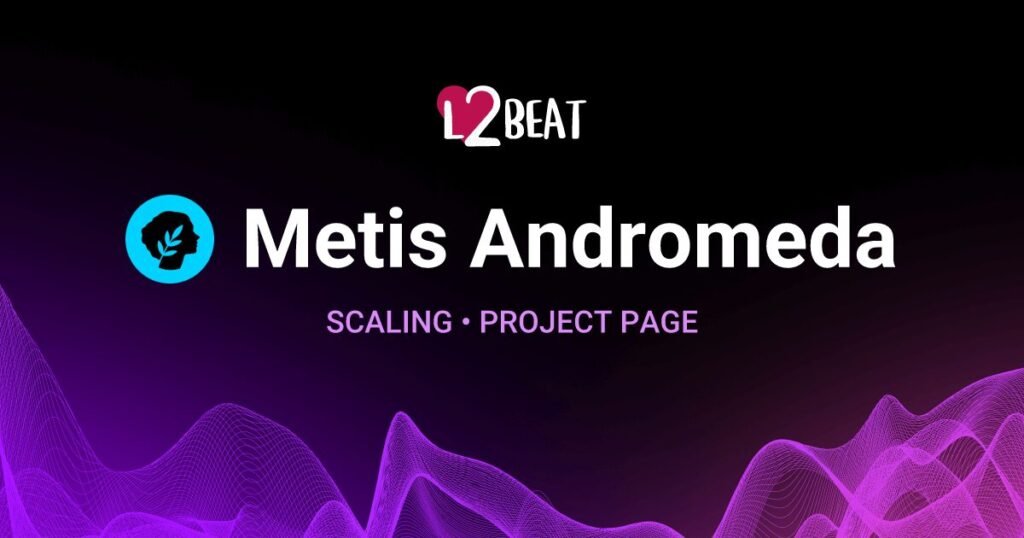
Source: L2beat
Metis offers a decentralized take on Optimistic Rollups, with a strong emphasis on DAOs and community-driven infrastructure. Its governance-first model appeals to Web3-native builders.
2025 Outlook: Metis is expected to strengthen its role in DAO-friendly ecosystems, positioning itself as a hub for decentralized governance and scalable dApps.
Top 10 Layer 2 Scaling : Comparative Analysis of Top Layer 2 Scaling Solutions
| L2 Solution | Technology | Key Strengths | 2025 Outlook |
|---|---|---|---|
| Polygon (MATIC) | zkEVM + sidechain | Partnerships, ecosystem | Enterprise adoption |
| Arbitrum (ARB) | Optimistic Rollup | High TVL, DeFi focus | DeFi dominance |
| Optimism (OP) | Optimistic Rollup | OP Stack, ecosystem growth | Governance + rollup networks |
| zkSync Era | ZK-Rollup | Low fees, fast confirmation | NFTs & payments |
| StarkNet | ZK-Rollup (STARK) | Security, composability | Institutional-grade |
| Base (Coinbase) | OP Stack | Retail access, Coinbase integration | Mass adoption |
| Immutable X | ZK-Rollup | Zero gas NFTs, gaming | Web3 gaming leader |
| Loopring | ZK-Rollup | Efficient DEX trading | DeFi + payments |
| Celer Network | Multi-chain | Cross-chain messaging | Omnichain DeFi |
| Metis Andromeda | Optimistic Rollup | DAO-first infrastructure | Web3 governance |
Top 10 Layer 2 Scaling : Investment and Adoption Trends in 2025
The Layer 2 landscape in 2025 reflects growing institutional interest, deeper integration with DeFi, NFTs, and gaming, and an expanding user base. L2 tokens such as MATIC, ARB, OP, and IMX are increasingly part of mainstream investment portfolios.
The competitive dynamics between L2 solutions are shaping a more interconnected ecosystem, where collaboration may matter as much as competition.
Top 10 Layer 2 Scaling : Challenges and Risks
Despite their promise, L2 solutions face challenges:
- Security risks, particularly around smart contracts and bridge exploits.
- Ethereum upgrades like EIP-4844 and Danksharding, which may change how scaling is prioritized.
- Regulatory uncertainties around token use and cross-border blockchain activity.
Conclusion: Layer 2 as the Backbone of Ethereum Scaling
In 2025, Layer 2 scaling solutions are no longer optional—they are essential for Ethereum’s survival as a global decentralized platform. From Polygon and Arbitrum to Immutable X and Metis, each project plays a distinct role in solving scalability.
For developers, investors, and enterprises, the takeaway is clear: Layer 2 is not just an add-on—it is the backbone of Ethereum’s future scalability and mainstream adoption.

